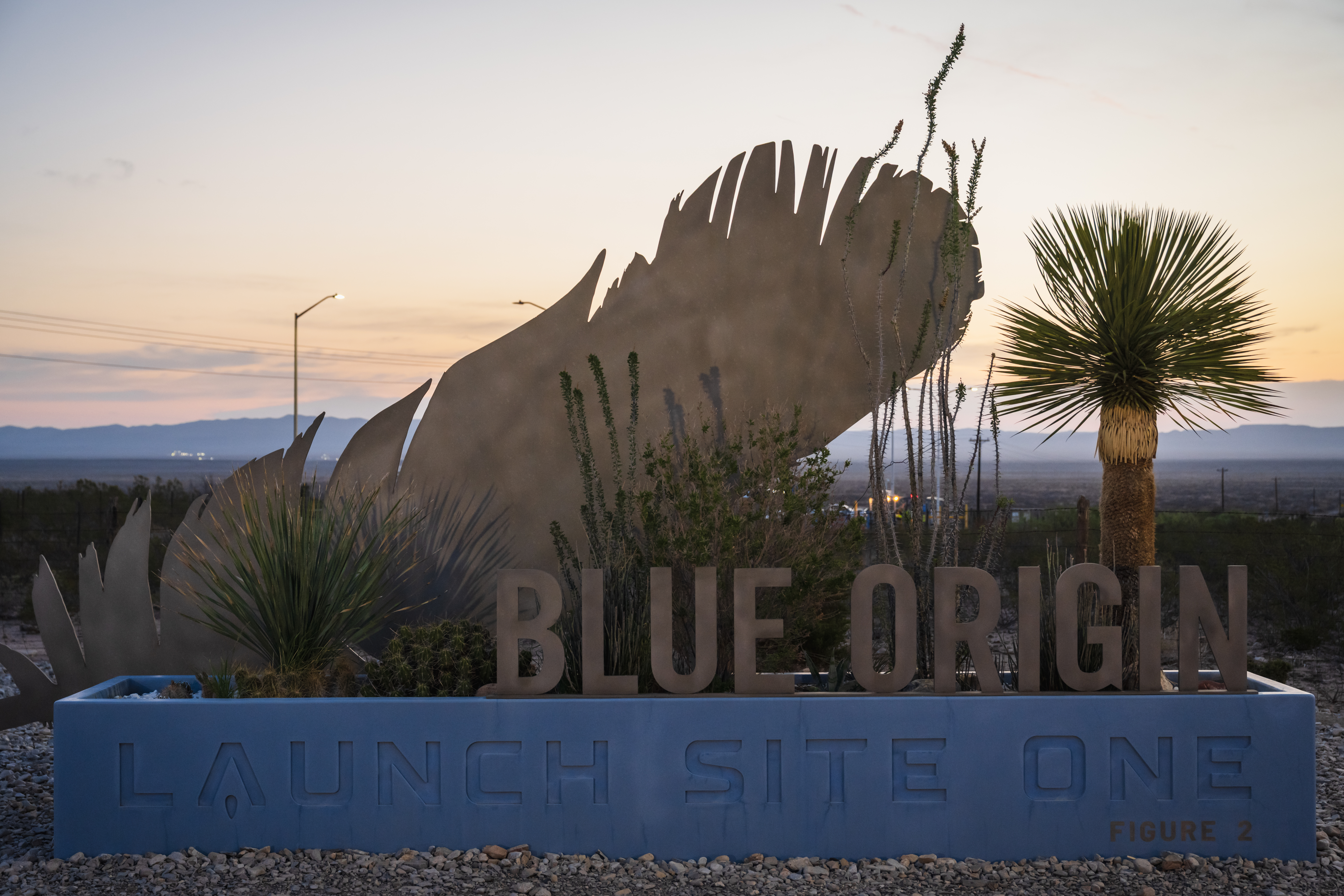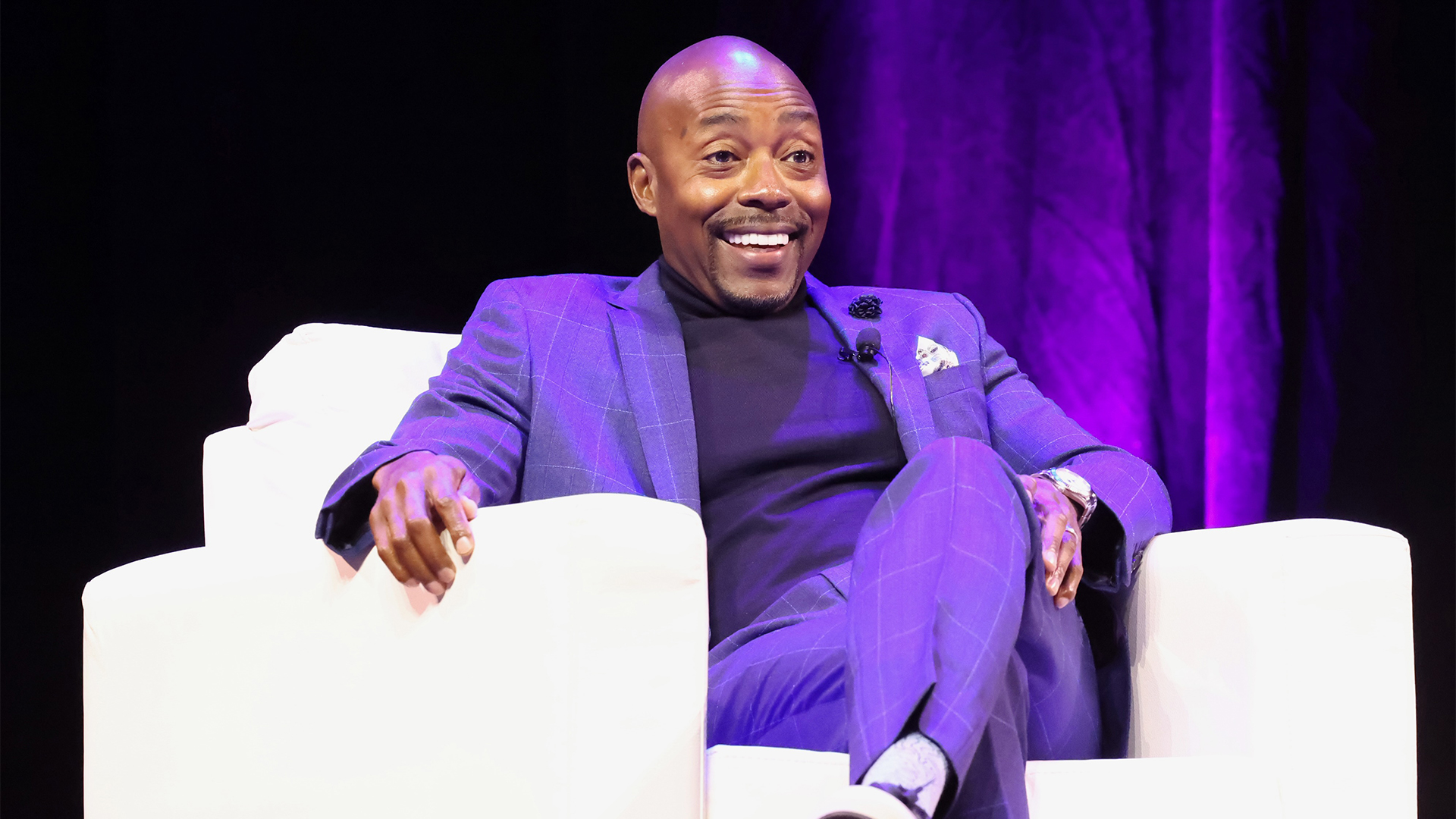With the 2024 presidential election right around the corner, we are going to take a look at how the two candidates take drastically different stances on tech. Both Vice President Kamala Harris and former President Donald Trump have supported policies that would impact how the tech industry can or cannot do business for years to come.
Kamala Harris’ Impact On The Tech Industry
During her time as vice president of the United States, Harris backed three key pieces of legislation that have impacted the tech industry. They are the Bipartisan Infrastructure Bill, the Inflation Reduction Act, and the CHIPS and Science Act. All of these acts were meant to spur different forms of economic growth here in the United States and bolster our own productivity vs. relying on foreign powers.
The Bipartisan Infrastructure Bill in 2021 invested money into two categories of interest to founders and investors: energy and climate. In energy, some of the more notable companies would be the larger automakers like Tesla and Rivian, and then there are smaller upstarts such as Archer, an electric flying taxi company set to launch in Los Angeles, CA, by 2026. In climate, there are companies working to reduce the amount of emissions from buildings across the United States. About 29% of our carbon emissions come from residential and commercial buildings. There are companies looking to reduce these emissions by using technology. BlocPower aims to reduce carbon emissions by upgrading homes and commercial buildings with electrical appliances and other climate-forward technologies that are currently relying on gas. Onsemble has a goal to help consumers navigate the tax credits available and the contractor process to upgrade their heating and cooling systems to electric. These are a couple examples of how Harris’ previous policies could shape the future of energy and climate during her potential administration.
The Inflation Reduction Act of 2022 extended the Affordable Care Act (ACA) of 2010, which opened up the world of entrepreneurship in technology to more people who would otherwise not be able to have health insurance for themselves or their families when looking to build a company. Although the ACA was put forth during former President Barack Obama’s administration, seeing Harris continue to support it is a hint that she may look to provide more safety net benefits that either directly or indirectly help startup founders.
The CHIPS and Science Act of 2022 is the key piece of legislation that aims to make America the global leader in artificial intelligence. The act seeks to invest substantially in the creation of semiconductor factories here in the U.S. and in the development of different types of AI initiatives. The tech industry sees AI potentially making as big an impact as mobile and the cloud when it comes to startups being able to create new offerings for consumers and businesses alike. Supporting these types of policies makes me confident that Harris will continue to push policies forward that are beneficial for tech companies — after all, she hails from Silicon Valley herself.
Donald Trump’s Relationship With Tech
Trump’s relationship with the tech industry in the past has been more contentious than harmonious, particularly when it comes to two topics that are near and dear to the industry at large: immigration and regulation.
Immigrants are not only America’s strength but the tech industry’s strength. H-1B visas enable highly skilled workers to enter the United States and be sponsored by their employers to live and work here. This type of visa has helped immigrants not only come work in the U.S. but build strong companies here as well. More than half, 55%, of $1 billion startups were founded by immigrants, and 64% of $1 billion startups were founded or co-founded by immigrants or their children. Unfortunately, during Trump’s administration, he sought to materially reduce the number of H-1B visas available to potential immigrants to the U.S. If continued, the U.S. would struggle to recruit the best and brightest from around the world, limiting the bench of talent that companies can hire.
While Trump is remembered as a proponent of deregulation more broadly, he wanted the government to have a heavier hand when it comes to tech. He not only led antitrust hearings against big tech companies but he also was critical of how moderation was being used on social media. While moderation on social media may sound like a good thing for the consumer, it’s not when the moderation that worried him was the assumed suppression of conservative speech. Between his stance on immigration and regulation, I don’t see Trump’s presidency boding well for the future of tech, especially given the ever-increasing relationship between the government and tech due to the advent of AI.
Presidential Candidates’ Impact On The Future
We are currently presented with two radically different candidates, both of whom are looking to take divergent paths when it comes to the way forward for the country, and the tech industry. What we must pay attention to, as the election continues, is how their previous decisions stand against what they are saying they will do going forward. Given how intertwined politics and tech have become, the next president will have an outsized impact on the areas that technologists look to build in, which will heavily impact the future of tech for all Americans.

















